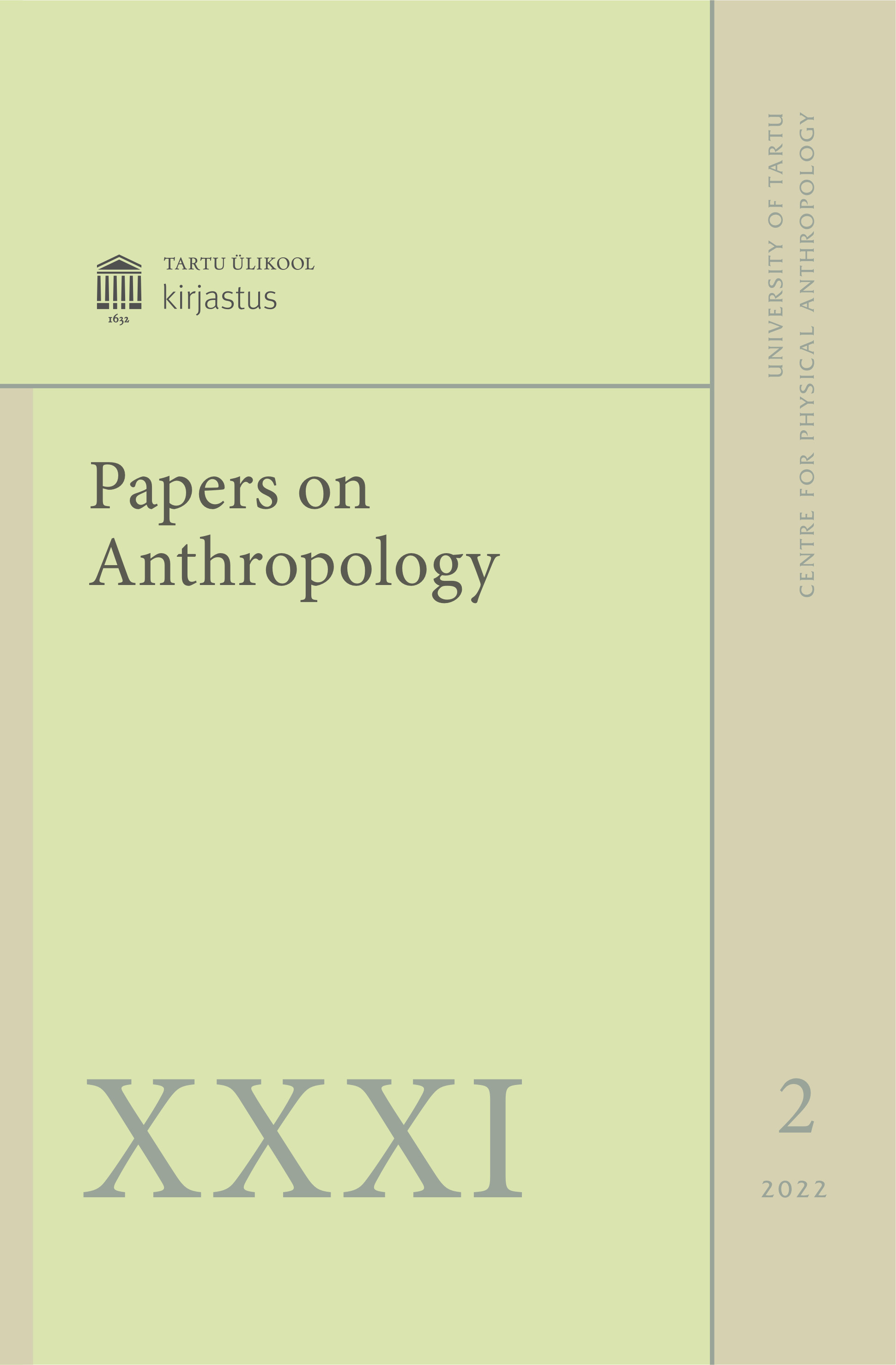Working against forgetting – Infants’ feeding and weight gain at the time of Juhan Aul
DOI:
https://doi.org/10.12697/poa.2022.31.2.02Keywords:
infants, feeding, weight gain, 19th centuryAbstract
A hundred and twenty-five years ago, European infants grew differently from modern infants. We show weight gains of 20 healthy children weighed longitudinally from birth to age 1 year published by Camerer in 1882. The data illustrate the prevalent historic concepts of infant nutrition practiced by German civil servants, lawyers, merchants, university professors, physicians, foresters and farmers. Breastfeeding by the mother was not truly appreciated in those days; children were often breastfed by wet nurses or received bottled milk of various composition. Bottle feeding mainly consisted of diluted cow’s milk with some added carbohydrates without evidence that appropriate amounts of oil, butter or other fatty components had been added. French children from 1914 showed similar weight gain patterns suggesting similar feeding practices. The historical data suggest that energy deficient infant formula had regularly been fed in the late 19th and the early 20th century Europe regardless of wealth and social class. The data question current concerns that temporarily feeding energy deficient infant formula may warrant serious anxieties regarding long-term cognitive, social and emotional behavioral development.

